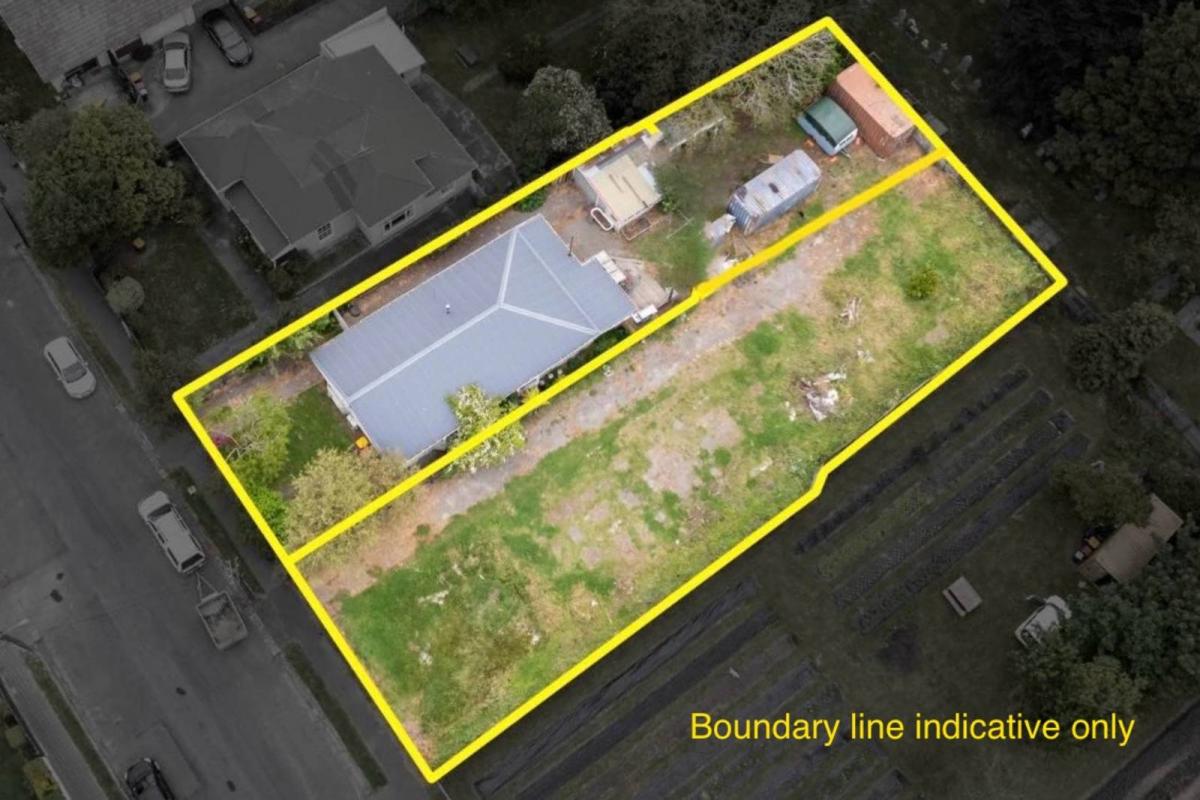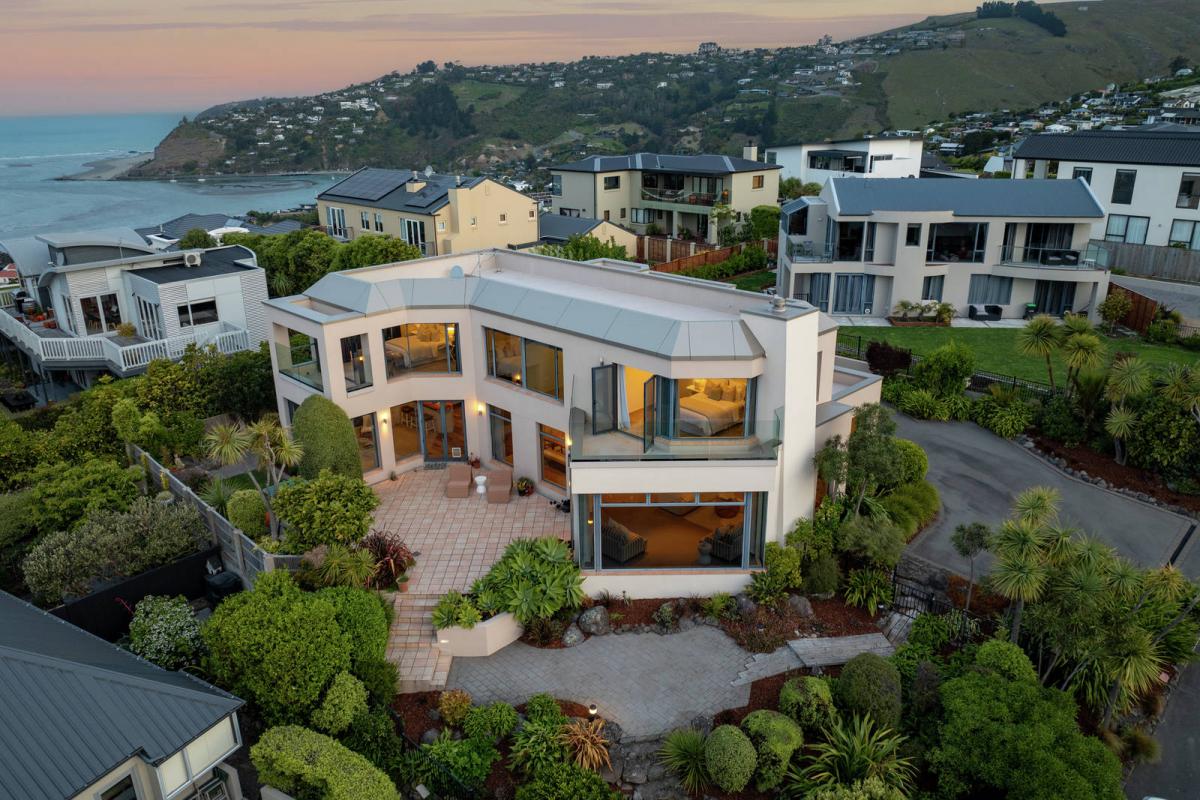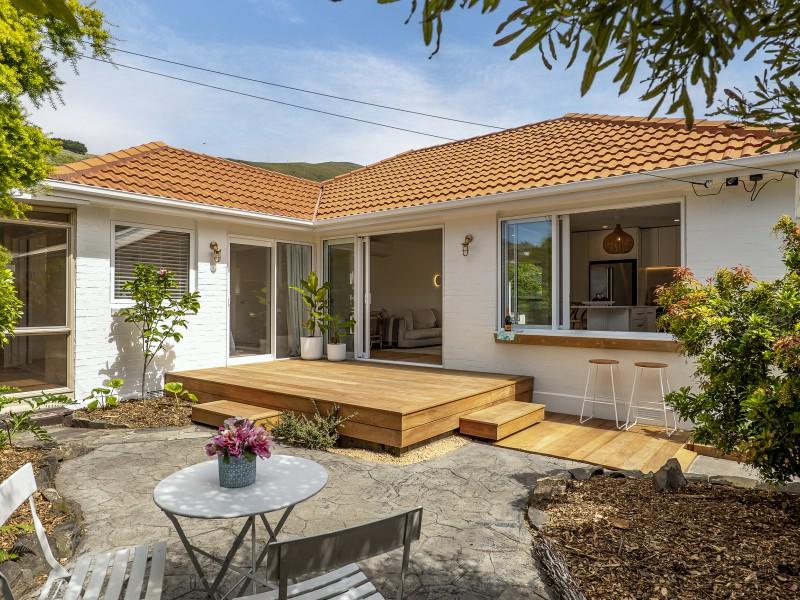CLIMATE CHANGE
CHRISTCHURCH RESIDENTS CALL FOR FASTER ACTION ON CLIMATE CHANGE
Christchurch residents have told their council they want action on climate change faster than the government has proposed.
While the government's Zero Carbon Bill sets the target of New Zealand having net zero greenhouse gas emissions by 2050, Christchurch City Council is aiming to reach that goal - excluding methane - by 2045, said council head of strategic policy Emma Davis.
"The feedback we have received from our residents showed they want us to take a more ambitious approach," Ms Davis said.
Last week, the council agreed to a plan that includes an interim target of reducing greenhouse gas emissions by 50 percent by 2030.
A goal of cutting methane emissions by 25 percent by 2030 and by 50 percent by 2045 was set.
"We were among the first councils in New Zealand to declare a climate and ecological emergency and it is important that we back that declaration up by showing our strong commitment to reducing greenhouse gas emissions," Ms Davis said.
In 2016 to 2017, Christchurch emitted about 2.5 million gross tonnes of carbon dioxide equivalent. That equates to 6.6 tonnes per person, which is lower than estimates for Auckland of 7.9 tonnes and for Dunedin of 11 tonnes, but more than Wellington's average of 5.7 tonnes per person.
Transport is the biggest contributor to Christchurch's carbon emissions, making up 53 percent of the total.
Ms Davis said everyone in the community would need to make changes to achieve the 2045 carbon neutral target.
The council hopes to save $1 million a year on electricity and to reduce its carbon emissions after LED street lights are installed throughout the city.
Work to convert all of Christchurch's 38,000 street lights to LED lights is almost halfway through and is expected to be completed by June 2021. This is being funded largely by the New Zealand Transport Agency
Christchurch city councillor Deon Swiggs said once they LED lights were all installed, the city's electricity bill would be slashed and maintenance would drop by about $600,000 a year.
LED lights used less energy and reduced carbon emissions, while making streets safer by lighting them more brightly, Mr Swiggs said.
Unlock the Answer: Today’s Riddle is Trickier Than You Think!
What English word retains the same pronunciation, even after you take away four of its five letters?
Do you think you know the answer to our daily riddle? Don't spoil it for your neighbours! Simply 'Like' this post and we'll post the answer in the comments below at 2pm.
Want to stop seeing riddles in your newsfeed?
Head here and hover on the Following button on the top right of the page (and it will show Unfollow) and then click it. If it is giving you the option to Follow, then you've successfully unfollowed the Riddles page.

Riddle Me That: Ready to Test Your Wits?
If the prisoner tells a lie, he'll be hanged;
if he tells the truth, he'll be beheaded.
What can he say to save himself?
Do you think you know the answer to our daily riddle? Don't spoil it for your neighbours! Simply 'Like' this post and we'll post the answer in the comments below at 2pm.
Want to stop seeing riddles in your newsfeed?
Head here and hover on the Following button on the top right of the page (and it will show Unfollow) and then click it. If it is giving you the option to Follow, then you've successfully unfollowed the Riddles page.

Poll: Is it rude to talk on the phone on a bus?
Buses can be a relaxing way to get home if you have a seat and enough space. However, it can be off-putting when someone is taking a phone call next to you.
Do you think it's inconsiderate for people to have lengthy phone calls on a bus? Vote in the poll, and add your comments below.

-
66.1% Yes
-
31.5% No
-
2.4% Other - I'll share below
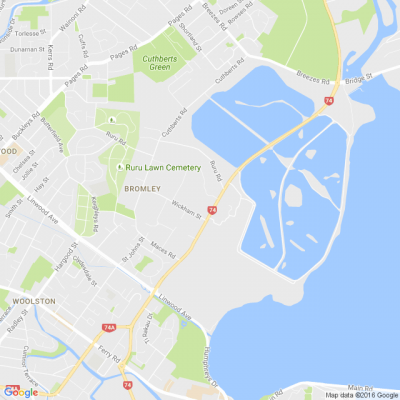
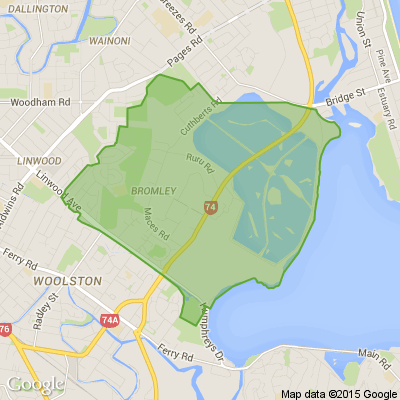







 Loading…
Loading…






